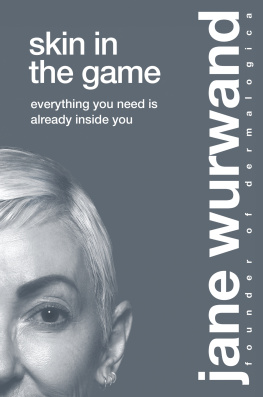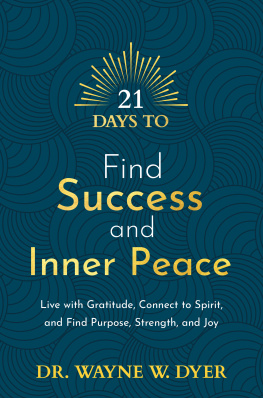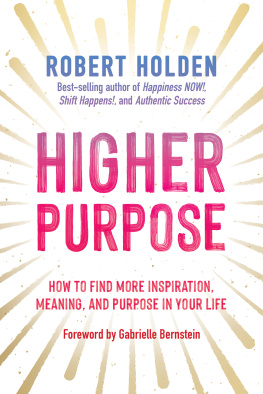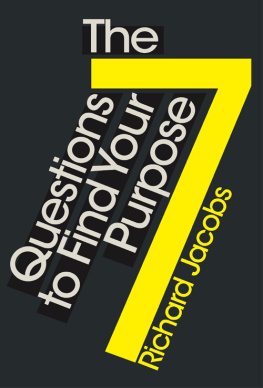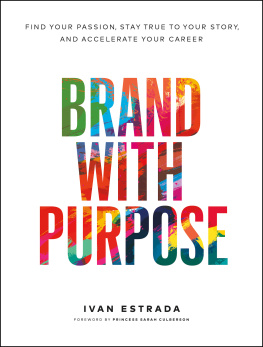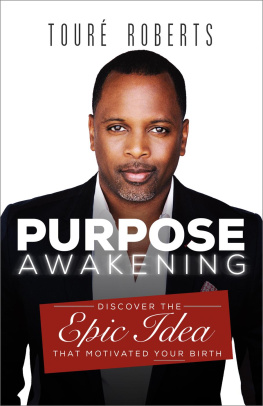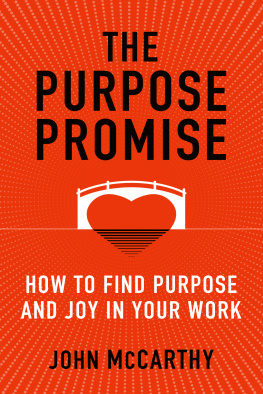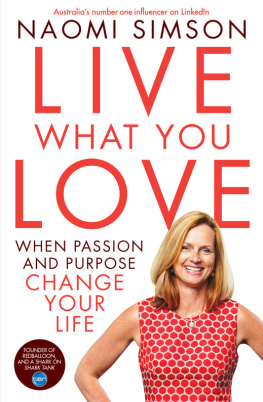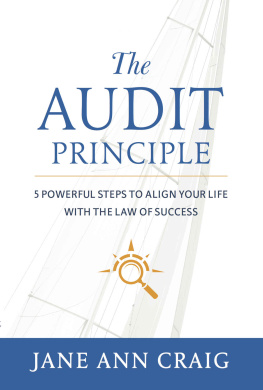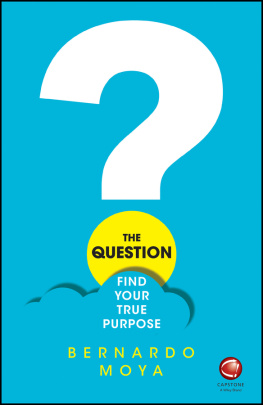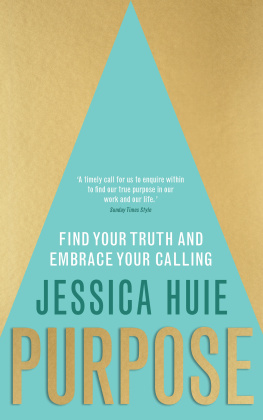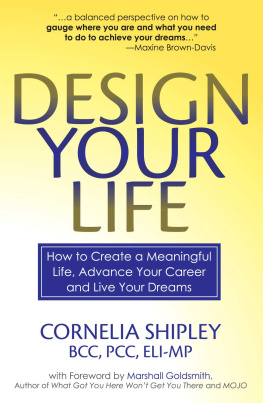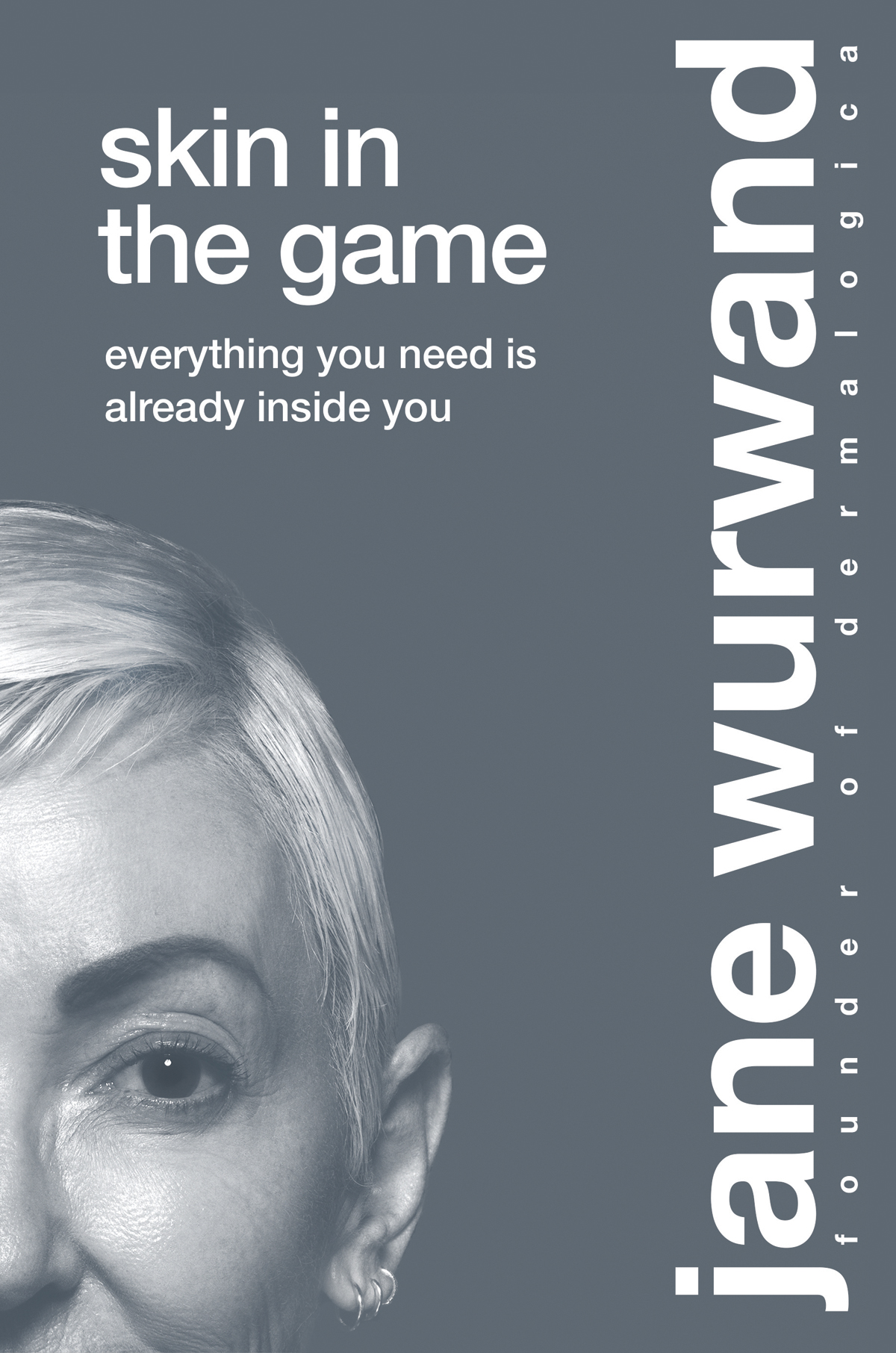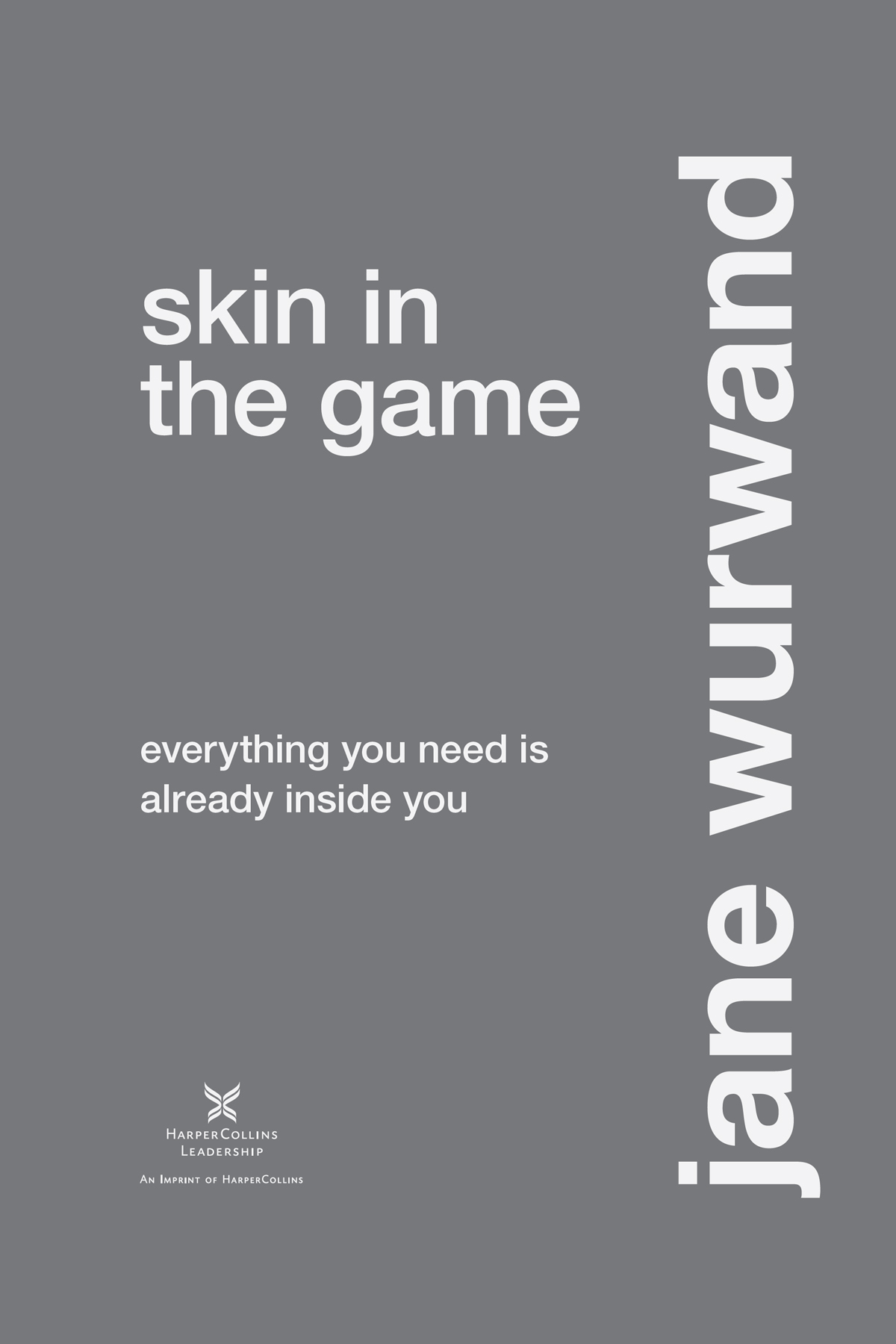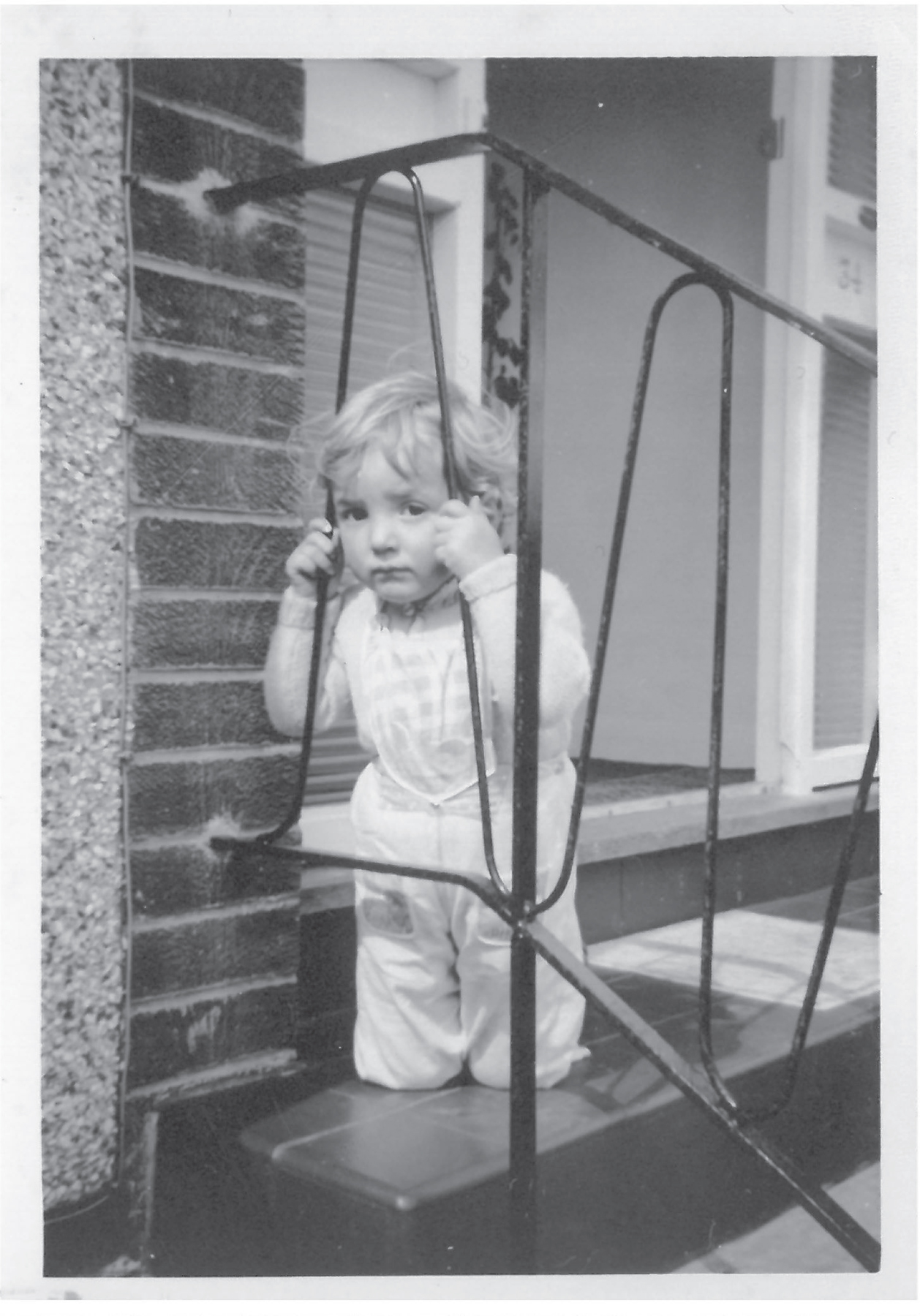
Anxious at what was to come, at two years old.
Scotland, 1960.
2021 Jane Wurwand
All rights reserved. No portion of this book may be reproduced, stored in a retrieval system, or transmitted in any form or by any meanselectronic, mechanical, photocopy, recording, scanning, or otherexcept for brief quotations in critical reviews or articles, without the prior written permission of the publisher.
Published by HarperCollins Leadership, an imprint of HarperCollins Focus LLC.
Any internet addresses, phone numbers, or company or product information printed in this book are offered as a resource and are not intended in any way to be or to imply an endorsement by HarperCollins Leadership, nor does HarperCollins Leadership vouch for the existence, content, or services of these sites, phone numbers, companies, or products beyond the life of this book.
Book design by Aubrey Khan, Neuwirth & Associates.
ISBN 978-1-4002-2431-9 (eBook)
ISBN 978-1-4002-2430-2 (HC)
Epub Edition August 2021 9781400224319
Library of Congress Control Number: 2021941203
Printed in the United States of America
21 22 23 24 25 LSC 10 9 8 7 6 5 4 3 2 1
Information about External Hyperlinks in this ebook
Please note that the endnotes in this ebook may contain hyperlinks to external websites as part of bibliographic citations. These hyperlinks have not been activated by the publisher, who cannot verify the accuracy of these links beyond the date of publication
Contents
Guide
for mum. here i am.
t his is a book about an immigrant who came to the US when unemployment was 10.4 percent, with no college degree, no money, and no contacts. She grew up in Scotland, the youngest of four girls. They were raised by their mother who was trained as a nurse and had been suddenly widowed at age thirty-eight. Their mum taught her and her three sisters, Learn how to do something, so you will always be able to provide for yourself. If you ever have to do it alone, as I did, you must be able to put food on the table, a roof over your head, and provide for your family.
Determined that she would never be left as vulnerable, as she saw her mother had been, she looked beyond the confines of the small English town her family had moved to when she was nine, beyond the small hair salon where she worked weekends as a Saturday girl at thirteen, and way beyond the narrowness of the council housing and free lunch vouchers that she had grown up with. The pull of the American dream was a powerful one. When the opportunity to immigrate to the US and get a work visa presented itself, it was like opening a Willy Wonka bar and finding the golden ticket. So, she ran as fast as she could to the chocolate factory in California.
But this book isnt strictly a memoir.
Its the story of seeing an opportunity as an immigrant that everyone else had missed, and that would go on to be covered by the Harvard Business Review as a flash of brilliance. Its about daring big with no resources and focusing on a final outcome of becoming the leader in the global market. Its about self-funding a business with $14,000 on credit cards and growing that startup into Dermalogica, the number one brand in an industry that didnt then exist: the professional skin care industry. Its about starting and building the brand that then completely disrupted that industrywith twenty-seven formulas all developed in nine months with no mineral oil, no lanolin, no SD alcohol, no formaldehyde, no artificial colors, and no fragrance, when no one was talking about what ingredients they left out; everyone was bragging about the secret miracle ingredient they put in. Against the odds, having no connections or degree, she took on the giants at twenty-four years old with only a beauty school diploma to her credit. And some years later, the Sunday Times of London ran a double-page article titled The Woman Who Started a Cult because of the huge clamor for Dermalogica in over a hundred markets.
But this isnt really a business book.
Its about building an incredible community of 100,000 local entrepreneurs in 106 countries who built that global industry and changed their own lives through owning their skills. They named themselves experts in an industry that lacked credibility, respect, and success. Its about never shrinking yourself and or allowing others to shrink you. Ever.
Its my story. And theirs. And it can be yours.
weve all got stuff we deal with
You cant go back
and make a new start,
but you can start right now
and make a brand new ending.
James Sherman
Perhaps we look at other peoples lives and think they are perfect. Maybe not the people themselves, but their lives seem pretty wonderful. Social media relentlessly shows us how perfect everyone istheir perfect bodies, homes, jobs, travel, lovers, children, food, cars, and Facetuned images can stir envy and self-doubt among the millions of followers they may have.
They have everything. Or at least they didnt get as bad a deal as maybe we did.
Think again.
Everyone has crappy, awful stuff in their lives. We either bury it, or we somehow manage to own it and it informs the way we live our life. Some of us have a small beach bag of stuff we psychologically carry around and will never unpack. Many have a huge U-Haul of stuffa pack up the kids, were moving to Texas!sized truck. Trust me, we all have baggage and plenty of it.
Will the stuff thats piling up become the locked door that stops you from going into the next stage of your life? Or will it become the key that unlocks every door ahead of you? You have a choice. Either we work out our stuff before we can move forward, or if its manageable, we can carry it with us and unpack it along the way. Either way, we find that the lessons learned as a result were the point of having the stuff in the first place. That very same baggage was tailor-made to serve as our teacher. Own it.
my own stuff left me vulnerableand strong
Weve all got a story. Sometimes a really tough one. Like mine.
My mum was aptly named Heather. Like the hardy and resilient Scottish flower, she would need every bit of strength her name described. My father died when I was aged two and three quarters. Those quarters count a lot when you are small. Heather was just thirty-eight years old, with four children to raise on her own.
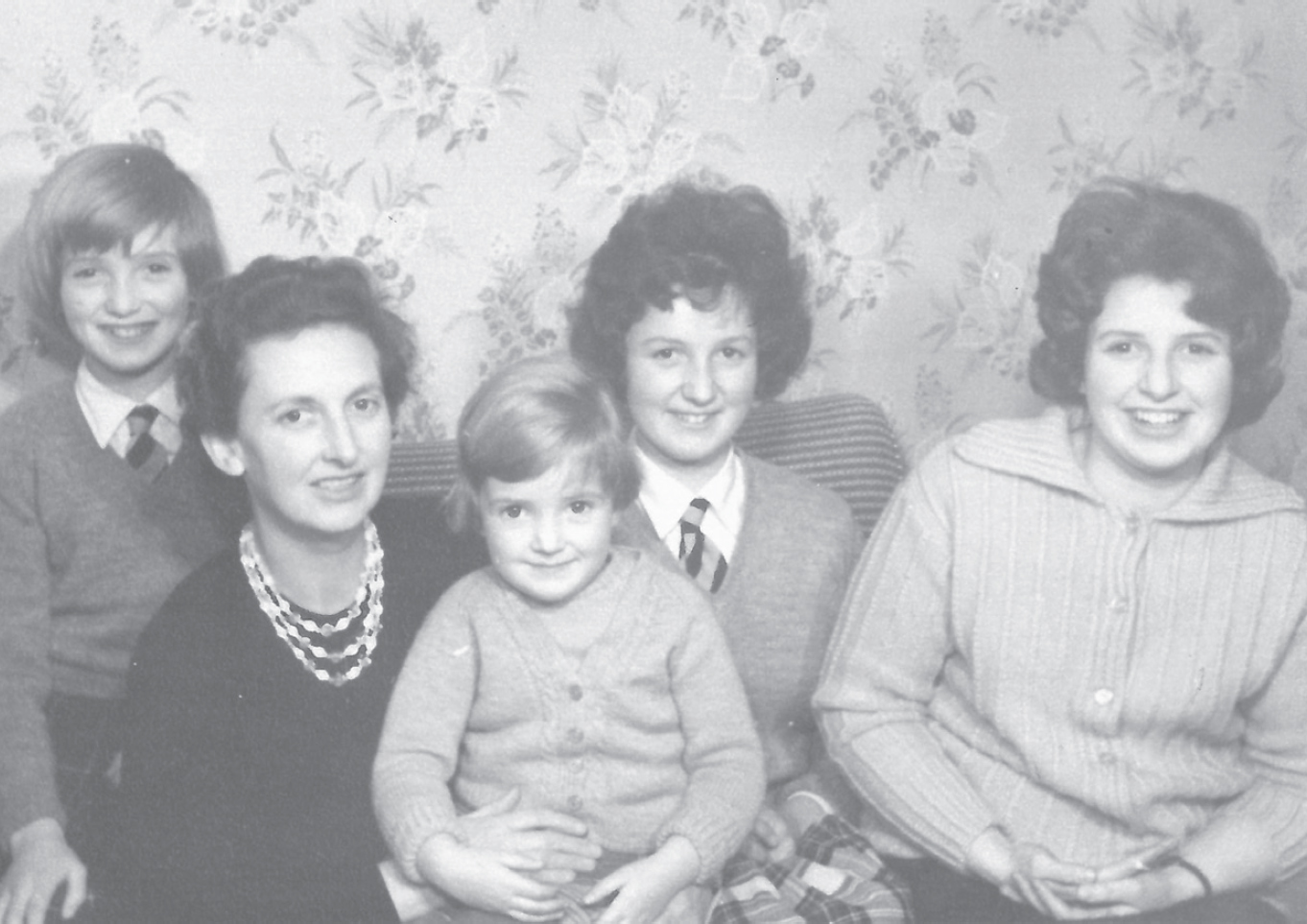
My mum, now alone, with four daughters.
Left to right; Judi, me, Sally and Diana. All just trying to be brave.
My three sisters are older than me, and I was left alone a lot of the time. We never had any spare money: I wore hand-me-down clothes and fourth-hand school uniforms. The fronts of my plastic sandals were cut open to last my growing feet another season. I never went to college and I have never studied business. I also failed chemistry at school.
When I began my career, making less than minimum wage as an apprentice, I was always broke. I would shake down the cushions of my couch for loose change. If I ever found any, I had to decide if I was buying milk or cigarettes. Cigarettes always won. I headed into a disastrous first marriage just out of my teens, which took me far away from my familyall the way to Africawith an abusive, substance-addicted partner. I immigrated to the US with one suitcase, no money, and a beauty school diploma. No family, no connections, no network, and certainly no job offers.

